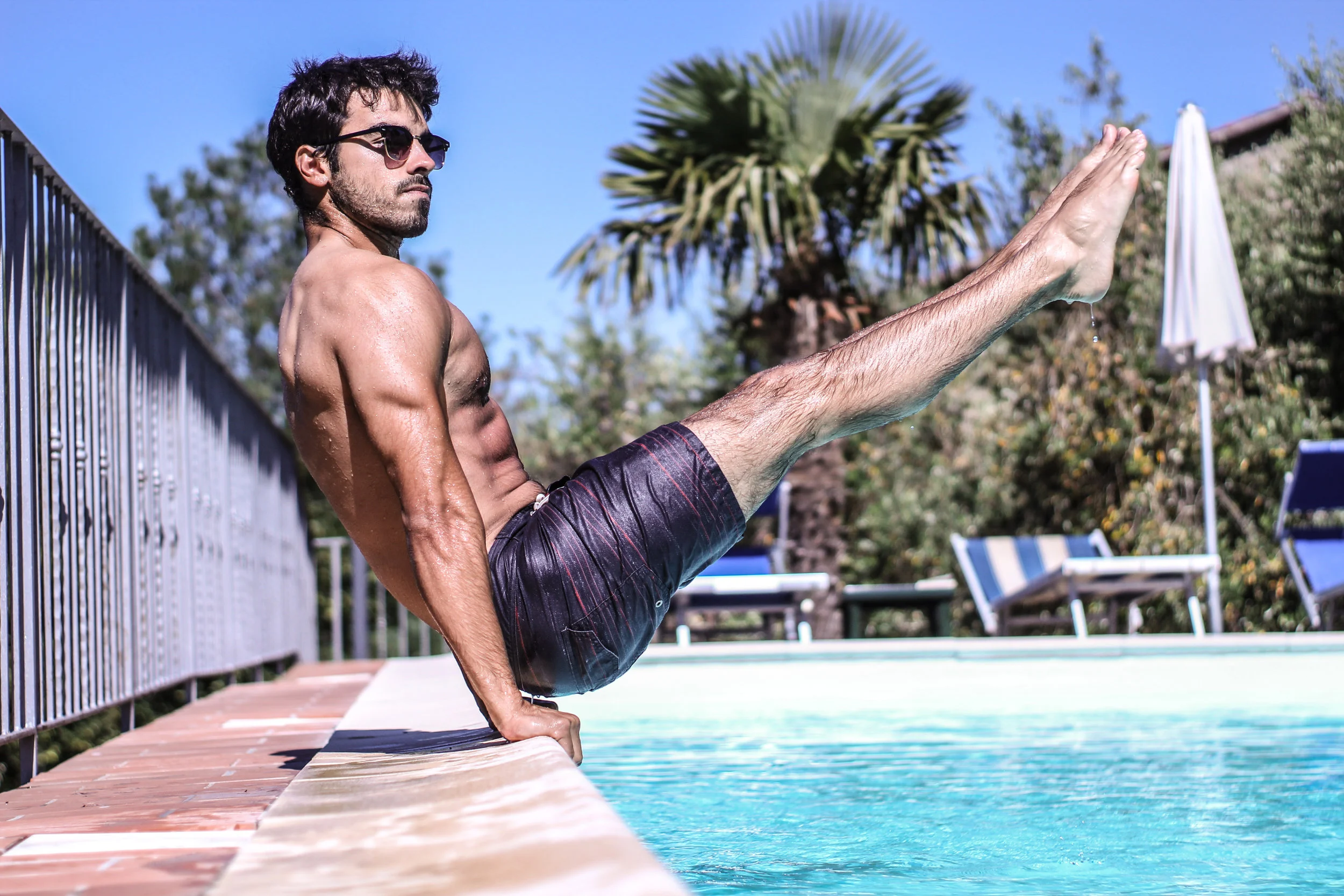A Super Quick and Easy Guide to Calisthenics Diet and Supplements
If you want to start a calisthenics fitness program, it is equally important that you complement your routine with proper nutrition. This is the only way where you can effectively see results and enjoy the maximum gains from the practice.
Even if you exert so much effort and time exercising, if you are not fueling your body with the right types of food, it will be difficult to get closer to your goal. Just as the cliché goes, six-pack abs can’t only be produced in the gym, they’re made in the kitchen, too.
It may seem difficult to get onboard a new diet program especially if you are not used to limiting the variety or quantity of your food. But the good news is, unlike other diets that have rigid rules specifying what exactly you need to eat, how many grams and what time of the day you need to eat it, a calisthenics diet is much less complicated.
What is the calisthenics diet plan?
With calisthenics exercises, you do not require any complicated or expensive equipment to start. You just need to incorporate classical exercises like push-ups, lunges, squats and jumping jacks into your routine to jumpstart your fitness journey. These exercises can be performed without any equipment as you are using only your bodyweight as resistance. This is also very convenient and cost-effective because you can perform these routine anywhere you are, with just a minimal space required.
Just like calisthenics exercises, a calisthenics diet is actually very simple and straightforward. You don’t really need a cheat sheet to know if you are eating the right stuff or if you are eating the correct weight of food. It is very flexible and can be adjusted depending on your fitness goals.
Of course, if you are an advanced athlete, you can apply these concepts and also limit your food intake by weighing your food. There’s really no hard and fast rule as long as you’re sticking to the basic recommendations.
Here are some of the things you should keep in mind:
Focus on whole foods like lean protein, fresh produce like fruits and vegetables, grains and dairy. Proteins include meat, fish, seafood, and eggs.
Eliminate junk food, processed food and empty carbs. This means giving up sweets, cakes, pastries, chips, soft drinks, juices high in sugar, processed foodstuff, sugary cereals, cookies, white rice and pasta, white bread and many more similar products. One easy guide is, If it comes in a box, packaging or has a label and tons of ingredients you cannot pronounce, then chances are it’s bad for you.
Eat as much fruits and veggies as you can to fill up your body with needed vitamins and minerals. Because these are lower in calories and high in fibre, you are ensuring that you are filling your body with nutrient dense food instead of empty calories.
Shorten your eating window. Many calisthenics athletes practice Intermittent Fasting or IF. This is when you limit the time you can consume food to only 8 hours in a day (except water, tea or coffee). Instead of having a free rein on eating whenever you like, when you limit your eating window, you will tend to automatically focus on more nutrient-dense meals rather than eating junk.The possibility of preventing yourself from grazing or snacking is also decreased. This also means you could potentially consume less calories which can give you a negative energy balance, leading to weight loss
Work out, eat right, feel great. The key is being consistent.
What are the calisthenics supplements you should consider?
If you fuel your body with healthy food, then you should be getting the nutrients your body needs to stay healthy and strong. But if you feel that you could benefit from additional supplementation, here are some supplements you could incorporate in your diet.
Protein – to ensure you have enough building blocks to repair your muscles
BCAA – also known as branched chain amino acids which support gained muscle mass and also helps build more muscle
Creatine – helps recovery and in building muscle mass
Multivitamins – A good vitamin supplement should include Vitamin C, D, E, B complex, Zinc and Magnesium among others. These are important in building up your overall health and immune system so you can avoid being sick and sacrificing your gains.
About the Author:
Rebecca Smith started calisthenics at age 26 as a means to lose weight and tone her body.
After completing her first successful muscle up, the amazing feeling inspired her to train further and become a full-time calisthenics instructor. Rebecca also holds a Management Degree and a Diploma in Nutrition.
Have a comment or thought? Comment down below as a guest and let us know what you think about this post!
Make sure to like VoyEdge RX on Facebook here

































Got a bite from the jet lag bug? Click to read on how to beat it!